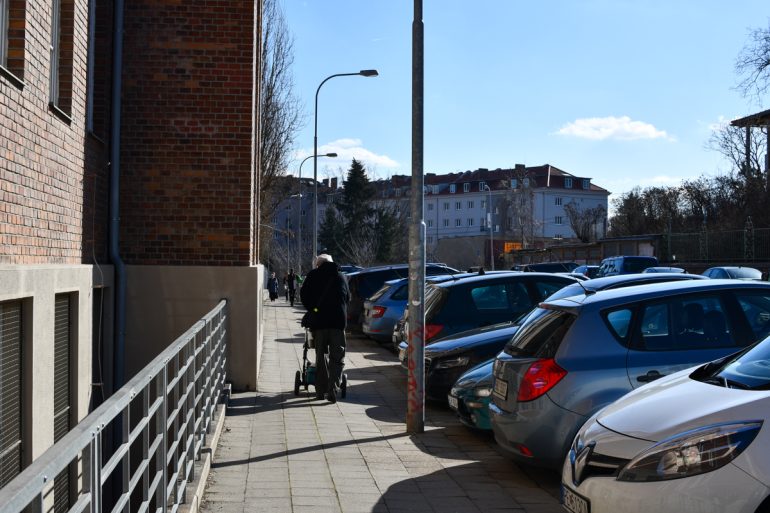Czech society is ageing faster than expected, according to a five-year report on the Czech pension system to be released later this month. Labour Minister Marian Jurecka (KDU-CSL) mentioned the report on Czech Television yesterday, arguing that a reform of the pension system is needed.
“The report says that society is ageing and the pace of life extension is accelerating,” Jurecka said on the Questions of Vaclav Moravec discussion programme. “From the point of view of the pension system, it is all the more urgent to reform… We are ageing even faster than expected.”
“The material clearly says – we have to do it, there is no other alternative,” the minister added.
The postponement of the retirement age has been suggested to boost the sustainability of the pension system, but the opposition parties and the trade unions are against it.
ANO deputy chair Alena Schillerova said her party would not support the raising of the retirement age.
The Labour Ministry publishes a report on life expectancy and the pension system every five years. According to the current rules, the government should consider modifying the retirement age so that people are retired for a quarter of their life.
In 2019, the last such report was discussed by the ANO/Social Democrat minority government supported by the Communists (KSCM). The report stated then that to maintain the quarter-life condition in retirement, the age should continue to rise, at a rate of one year per decade. The government of Andrej Babis postponed the decision until 2024 for the next government.
Jurecka said he would like his ministry to submit the latest report by the end of April. ANO asked for the report some time ago in connection with the negotiations about a pension reform.
In 2023, the pension insurance system had a deficit of CZK 72.8 billion, the highest ever. According to earlier calculations, the annual deficit may rise to around CZK 350 billion (5% of GDP) in the next decades, unless the Czech pension system changes.
Under the government’s plan, the retirement age would be set each year according to the life expectancy of those turning 50, rising by a maximum of two months a year.
After a meeting of government and opposition representatives at the Presidential Office in March, President Petr Pavel announced that there was a consensus on the need to raise the retirement age in the future. A few days later, ANO said it disagreed.
“I am very embarrassed. I had a good feeling last time that some consensus might be found. I was surprised by what happened after Andrej Babis came back from holiday,” Jurecka said yesterday. He added that he was ready to continue negotiations on how to raise the age.
Another meeting on reform of the pension system is scheduled for 22 April at the Presidential Office.
“We do not agree with the postponement of the retirement age, we will go there with this,” Schillerova said.
She said she believes the current system is sustainable provided that Czech economic growth is 2% a year.
CMKOS umbrella trade union leader Josef Stredula also opposes the raising of the retirement age. He said pensions need to be partly covered from taxes, and there should therefore be a tax reform.






